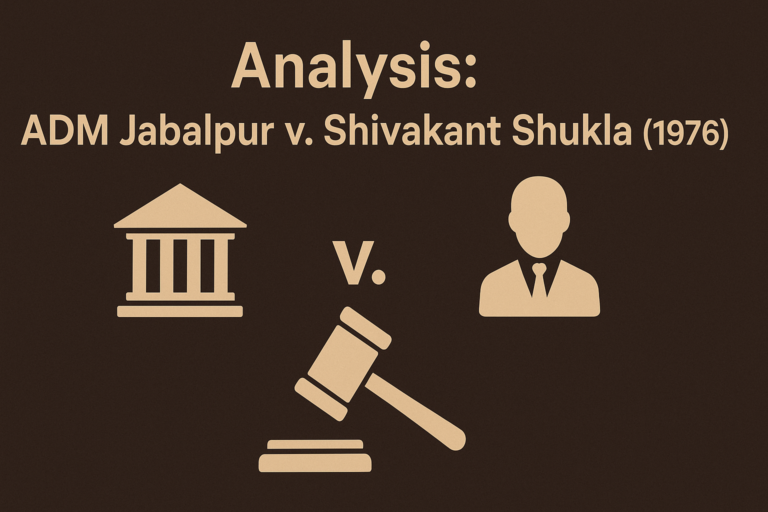
Introduction:
Contracts are the backbone of business transactions, serving as legally binding agreements that outline rights, obligations, and responsibilities between parties. Whether you’re a seasoned entrepreneur or just starting your business journey, having a solid grasp of contract basics is crucial. In this comprehensive guide, we will delve into the essentials of understanding contracts and how they play a pivotal role in ensuring smooth and fair business operations.
Section 1: What is a Contract?
A contract is a legally enforceable agreement between two or more parties. It establishes the terms and conditions under which the parties will perform their obligations, exchange goods or services, or enter into specific business arrangements. Contracts can take various forms, such as written, verbal, or implied, but to ensure clarity and legal validity, written contracts are highly recommended.
Legal Provision
Contracts are founded upon the principles of mutual assent and consideration. Mutual assent implies that both parties willingly enter into the agreement with a clear understanding of the terms. Consideration refers to the exchange of something of value between the parties, which could be monetary compensation, goods, services, or promises to perform certain actions.
Section 2: Elements of a Contract
To be legally binding, a contract must contain essential elements:
- Offer: One party presents a proposal to enter into an agreement under specific terms.
- Acceptance: The other party agrees to the offer’s terms, creating mutual consent.
- Consideration: Each party must offer something of value (money, goods, services) as part of the deal.
- Legal Purpose: The contract’s purpose must be lawful and not against public policy.
- Competent Parties: All parties involved must have legal capacity and be of sound mind.
Section 3: Types of Contracts
Contracts come in various forms tailored to different business needs:
- Sales Contracts: Detail terms of sale, price, payment methods, and delivery of goods or services.
- Employment Contracts: Specify terms of employment, roles, responsibilities, compensation, and benefits.
- Lease Agreements: Govern the rental of property, outlining rent, duration, and maintenance responsibilities.
- Partnership Agreements: Define roles, profit-sharing, decision-making, and responsibilities in a business partnership.
- Nondisclosure Agreements (NDAs): Protect confidential information shared between parties.
- Service Contracts: Outline services to be provided, terms of payment, and project timelines.
Section 4: Drafting a Contract
Creating a well-structured contract is essential to avoid misunderstandings and legal disputes:
- Clear Language: Use precise and straightforward language to ensure terms are easily understood.
- Detailed Clauses: Include specifics on obligations, deadlines, payment terms, and potential contingencies.
- Conditions and Termination: Define conditions under which the contract can be terminated or breached.
- Dispute Resolution: Specify procedures for resolving disputes, such as arbitration or mediation.
Section 5: Legal Enforceability
Contracts are legally enforceable when they meet the essential elements and principles of contract law. Courts will uphold contracts that are freely entered into, have mutual consent, and do not violate laws or public policy. However, poorly drafted contracts or those with ambiguous terms can lead to disputes.
Section 6: Avoiding Common Contract Pitfalls
- Ambiguity: Clearly define terms to prevent misinterpretation.
- Incomplete Contracts: Address potential scenarios and include relevant clauses.
- Unforeseen Circumstances: Include force majeure clauses to address unexpected events.
- One-Sided Terms: Contracts should be fair and balanced to protect all parties.
Section 7: Review and Legal Assistance
Before signing any contract, it’s crucial to review it thoroughly. Seek legal counsel to ensure the contract accurately reflects your interests, complies with applicable laws, and mitigates risks. While templates can be helpful, customization is often required to suit your unique business needs.
Conclusion:
Contracts are the foundation of trustworthy business relationships, ensuring that promises are kept, expectations are met, and disputes are minimized. Understanding contract fundamentals empowers business owners to navigate negotiations, create transparent agreements, and safeguard their interests. By adhering to legal principles and seeking professional guidance, you can build a successful business built on the strong framework of well-drafted contracts.









